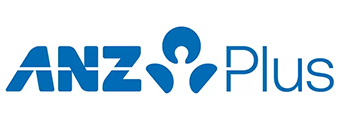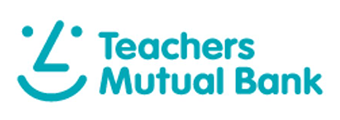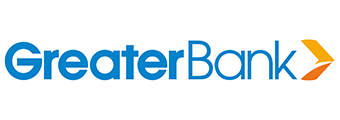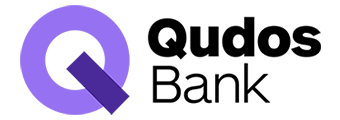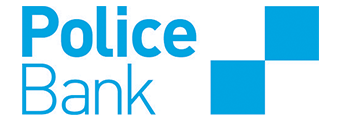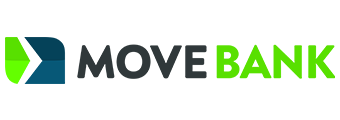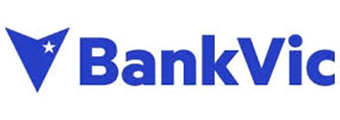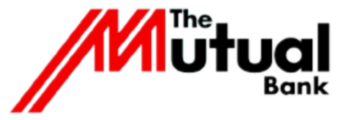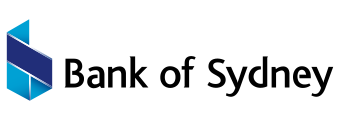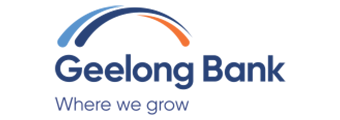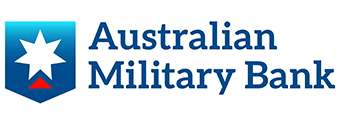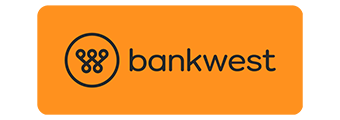Fact Checked
| Bank | Savings Account | Base Interest Rate | Max Interest Rate | Total Interest Earned | Introductory Term | Minimum Amount | Maximum Amount | Linked Account Required | Minimum Monthly Deposit | Minimum Opening Deposit | Account Keeping Fee | ATM Access | Joint Application | Tags | Row Tags | Features | Link | Compare | Promoted Product | Disclosure |
|---|---|---|---|---|---|---|---|---|---|---|---|---|---|---|---|---|---|---|---|---|
0.05% p.a. Bonus rate of 5.35% Rate varies on savings amount. | 5.40% p.a. | $1,107 | – | $0 | $99,999 | $1,000 | $0 | $0 |
| Promoted | Disclosure | |||||||||
0.00% p.a. Bonus rate of 5.10% Rate varies on savings amount. | 5.10% p.a. | $1,044 | – | $0 | $99,999 | $0 | $0 | $0 |
| Promoted | Disclosure | |||||||||
4.00% p.a. | 5.45% p.a. Intro rate for 4 months then 4.00% p.a. | $905 | 4 months | $0 | $249,999 | $0 | $1 | $0 |
| Promoted | Disclosure | |||||||||
4.75% p.a. | 5.10% p.a. Intro rate for 4 months then 4.75% p.a. | $984 | 4 months | $0 | $99,999,999 | $0 | $0 | $0 | Disclosure | |||||||||||
4.45% p.a. | 5.15% p.a. Intro rate for 4 months then 4.45% p.a. | $947 | 4 months | $250,000 | $99,999,999 | $0 | $0 | – |
| Disclosure | ||||||||||
0.40% p.a. Bonus rate of 0.00% Rate varies on savings amount. | 4.75% p.a. | $80 | – | $0 | $99,999,999 | $0 | $$formattedMinOpeningDep.format("%,d",$!{product.minimumOpeningDeposit}) | – | ||||||||||||
4.55% p.a. | 4.55% p.a. | $929 | – | $0 | $99,999,999 | – | $0 | $0 | ||||||||||||
5.00% p.a. | 5.00% p.a. | $1,023 | – | $0 | $19,999 | – | $0 | $0 | ||||||||||||
4.50% p.a. | 4.50% p.a. | $919 | – | $0 | $99,999,999 | – | $1 | $0 | ||||||||||||
4.45% p.a. | 4.45% p.a. | $908 | – | $50,000 | $499,999 | – | $0 | $0 | ||||||||||||
0.50% p.a. | 0.50% p.a. | $100 | – | $250,000 | $99,999,999 | – | $0 | $0 | ||||||||||||
4.20% p.a. | 4.20% p.a. | $856 | – | $500,000 | $99,999,999 | – | $0 | $0 |
Important Information and Comparison Rate Warning
Important Information and Comparison Rate Warning





